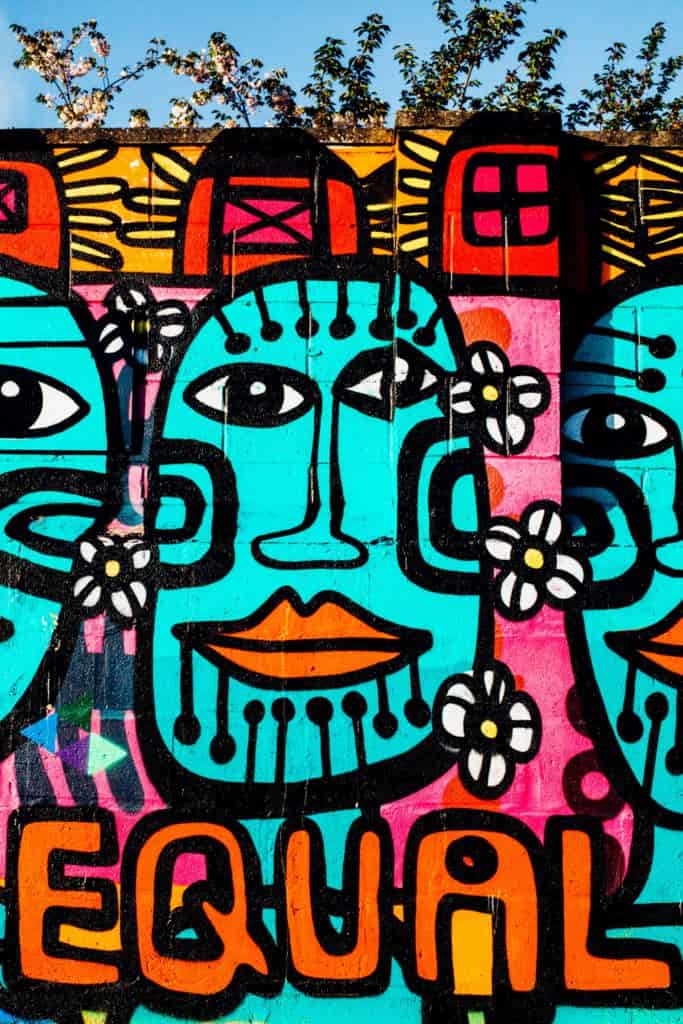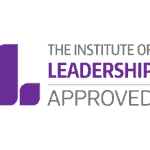Let’s talk equality and the importance of all staff understanding the issues around equality and being aware of the impact of their behaviours.
On a recent Equality & Inclusion training course I ran for Magpas Air Ambulance, it was evident how much we are all guilty of unconscious bias. During the course, emotions were heightened with it being the first in-person interaction these colleagues had enjoyed for a long time so it was ever more important to deliver this challenging subject matter in an engaging way to invite open dialogue.
Very informative and refreshing – Good to check on what [my] own bias may be so I can work towards improving and changing attitudes going forward.”
Anon, Magpas

What is harassment and bullying?
Harassment under the Equality Act 2010 is a form of discrimination.
Bullying and harassment is behaviour that makes someone feel intimidated or offended. Harassment is unlawful under the Equality Act 2010. (Gov.uk). Bullying is not related to protected characteristics, and while it is not unlawful all workplaces should have policies in place that protect their people from being bullied or harassed.
Examples of bullying or harassing behaviour at work include:
- spreading malicious rumours
- unfair treatment
- picking on or regularly undermining someone
- denying someone’s training or promotion opportunities
Bullying and harassment can happen in many different ways, e.g. face-to-face, in writing or by phone.
The effects of the behaviour may not be what the perpetrator intended, but it is the impact of the behaviour that is judged to be bullying or harassment, NOT the intention of the person who is harassing another.
Bullying and harassment is usually considered as behaviour that is carried out over a period of time – eg a long bullying campaign. But harassment can be a one-off incident such as making a racist comment.
It makes me sad to realise how I don’t prioritise being my real self in some situations”
Anon, Magpas
It’s NOT just a bit of banter
In the workplace, discriminatory behaviours can be the basis for legal action, regardless of whether it is being justified as ‘just a bit of banter.’
‘Jokes’ linked to sex, race, religion, sexual orientation or age are the most common form of harassment in employment.
So what can you do to avoid workplace jesting causing offence?
Publishing and implementing strict policies are a good starting point, then everybody needs to understand the policies and their individual responsibilities under those policies.
Providing training to all staff, drawing their attention to the policies and their responsibilities, while including an understanding of our individual unconscious biases, the types of behaviours that may be considered harassment, being aware of prejudice and of your colleagues’ experiences can all support a better working environment.
You.
So what can YOU do?
Senior Leadership Teams: Examine your policies and update accordingly to cover bullying, harassment, equality, diversity and inclusion. Set out clearly your expectations for your people to work alongside others in a respectful way, and be clear on the sanctions in place for not following the policies.
Managers: Support your teams by understanding the policies in place, take a course to support your understanding and learn to override your biases. Always call people out on poor behaviour and help people to understand the impact they may be having on others.
Individual employees: Make yourself aware of the policies in your workplace, attend any training sessions that are being offered that will help you to comply with the policies, increase your understanding of bias and help to build your confidence to challenge any unwanted behaviour in the workplace.
All organisations should regularly be reviewing policies, providing training and supporting people to complain about poor behaviour. Having a policy and doing nothing about it, or providing training five years ago is never a defence for poor behaviour.
If you are looking to help your staff understand the issues around equality and diversity at work pleace call me today to discuss my Diversity & Inclusion course, which explores the foundations of bias and steps you can take to create a fully inclusive workplace.
If you have needs that are specific to your workplace that need to be addressed please call me on 07880 776 756 or email to discuss how I can help you.
I also provide courses to help those who are supporting colleagues when making a complaint of harassment, ensuring that they are fully resourced when supporting others in challenging circumstances.
Specific issues: If you have specific issues to address for LGBTQ+ contact The Kite Trust who run courses for business specifically covering LGBTQ+ and Trans inclusion.



